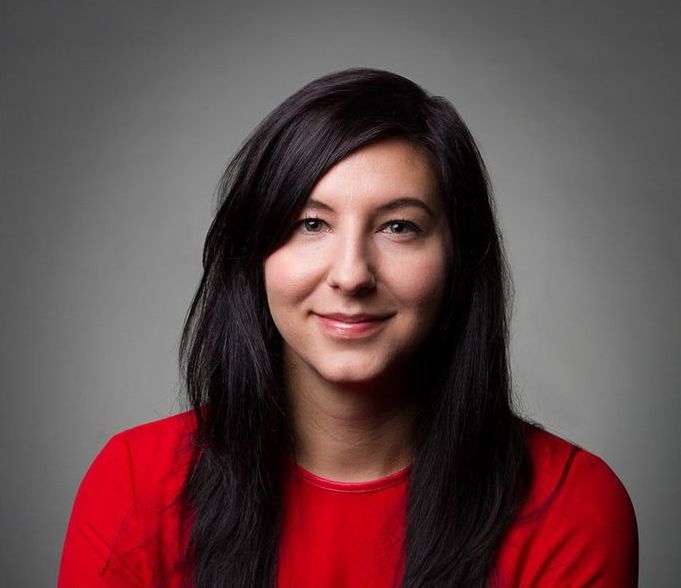Profile: Melinda Moustakis

Melinda’s first collection of stories, Bear Down, Bear North: Alaska Stories, won the 2010 Flannery O'Connor Award for Short Fiction, the Maurice Prize, and was a 5 Under 35 selection by the National Book Foundation. She graduated from the UC Davis Creative Writing Master’s program in 2006.
Are there one or two books that were pivotal to you becoming an author? Do you remember your first encounter with them? What did they mean to you?
One book that was pivotal in becoming an author was Pam Houston's story collection Cowboys Are My Weakness. There are many locations in the book, but it was one of the first books where I encountered the specific landscape of Alaska written from a woman's perspective. Encountering an author who was a woman writing about women in the wilderness and utilizing their voices was crucial in how I would shape my own work which is set in Alaska. I applied to the UC Davis creative writing graduate program specifically to work with her and it was one of the best decisions I ever made.
What inspires you now? What keeps you writing?
I'm inspired by authors who seem to writing one large book where the individual novels are part of a larger vision or whole. Louise Erdrich comes to mind, as does Toni Morrison and Marilynne Robinson and Jesmyn Ward. Each new book is the next book in a long line of books. Quite literally what keeps me writing is support from fellowships as right now I'm very fortunate to be the Rona Jaffe Cullman Fellow at the New York Public Library. But beyond time and resources, there is the challenge of learning, of being a better writer, of giving a voice to complicated characters in Alaska I want to see on the page.
If you could choose one book for the present moment, what would you choose and why?
C.E. Morgan's novel The Sport of Kings is one of the most brilliant, beautiful, and gut-wrenching books I have ever read. The book is an indictment of the South, of ideology pertaining to purity and race and genetics, and includes the voices of multiple generations of two families as well as innovative structures and forms.
You can find out more about Melinda and her work here.

